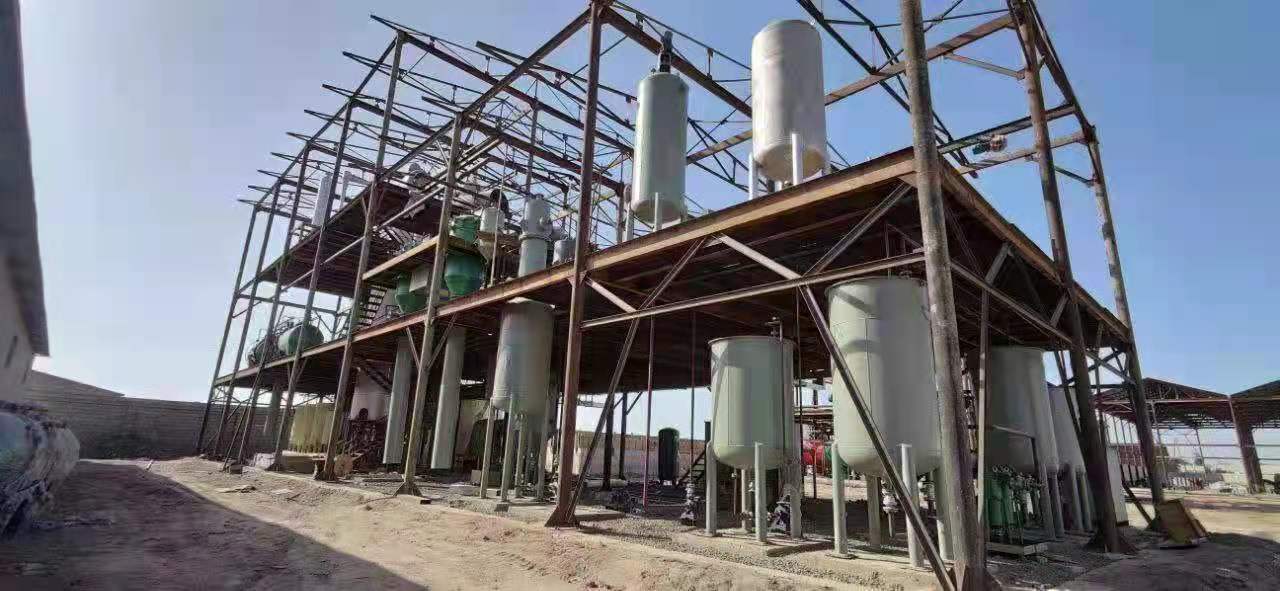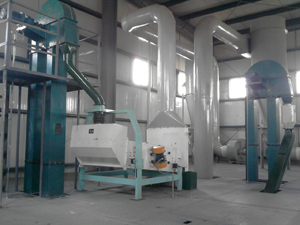
The sunflower seed oil industry is witnessing significant transformations as mechanical automation integrates into traditional pressing processes. This evolution focuses on optimizing core steps including cleaning, dehulling, pressing, and filtering—each vital to maximizing oil yield, purity, and operational efficiency. Drawing from recent technological advancements and data-driven case studies across small, medium, and large-scale production settings, this analysis provides actionable insights tailored to oil processors aiming for sustainable and economically viable operations.
Automated cleaning systems incorporating vibrating sieves and magnetic separators have reduced seed impurities by up to 30%, significantly minimizing mechanical wear and improving pressing consistency. Advanced dehulling equipment, utilizing differential speed rotor technology, achieves shell removal rates exceeding 95% with kernel damage rates under 3%, a marked improvement from manual or semi-automatic methods.
These enhancements directly influence downstream processes by ensuring uniform seed quality and moisture content, critical factors in maintaining high extraction efficiency and oil quality.

Integration of servo motor-controlled hydraulic press mechanisms and real-time pressure monitoring systems has enabled presses to maintain optimal pressing pressures between 120-160 bars, tailored according to scale and seed variety. These controls contribute to increased oil yield by 8-12% compared to conventional mechanical presses.
Besides uplift in output, oil purity levels have improved markedly—free fatty acid content has dropped to below 0.5% in automated systems versus traditional processing average of 0.8-1.2%, reducing refining burdens and improving shelf life.
Incorporating automated vacuum and membrane filtration units allows for real-time adjustment of filtration parameters, such as pressure differential and flow rate, ensuring faster removal of impurities and moisture content below 0.05%. This not only preserves antioxidative properties but also streamlines subsequent refining steps.
The filtration improvements result in a 15-20% reduction in processing time and reduce energy consumption by approximately 10% per ton of oil processed.

Small-scale operations (Capacity <5 tons/day): Benefit from modular automated units emphasizing ease of integration and minimal footprint. Automation levels prioritize cost-efficiency with manual oversight capabilities.
Medium-scale operations (5-20 tons/day): Often adopt semi-automated systems with PLC-based controls, offering programmable recipes and parameter optimization adjustable to seed varieties and input conditions.
Large-scale operations (>20 tons/day): Typically require fully integrated automation with centralized monitoring dashboards, predictive maintenance, and energy management systems to sustain high throughput with minimal downtime.

Beyond technological implementation, a focus on operator training and routine maintenance practices is crucial to leverage automation benefits fully. Data logs enable continuous process optimization, reducing unexpected failures by as much as 30%.
Interested in transforming your sunflower seed oil production with state-of-the-art automation? Discover Tailored Automation Solutions for Optimal Oil Yield and Quality

